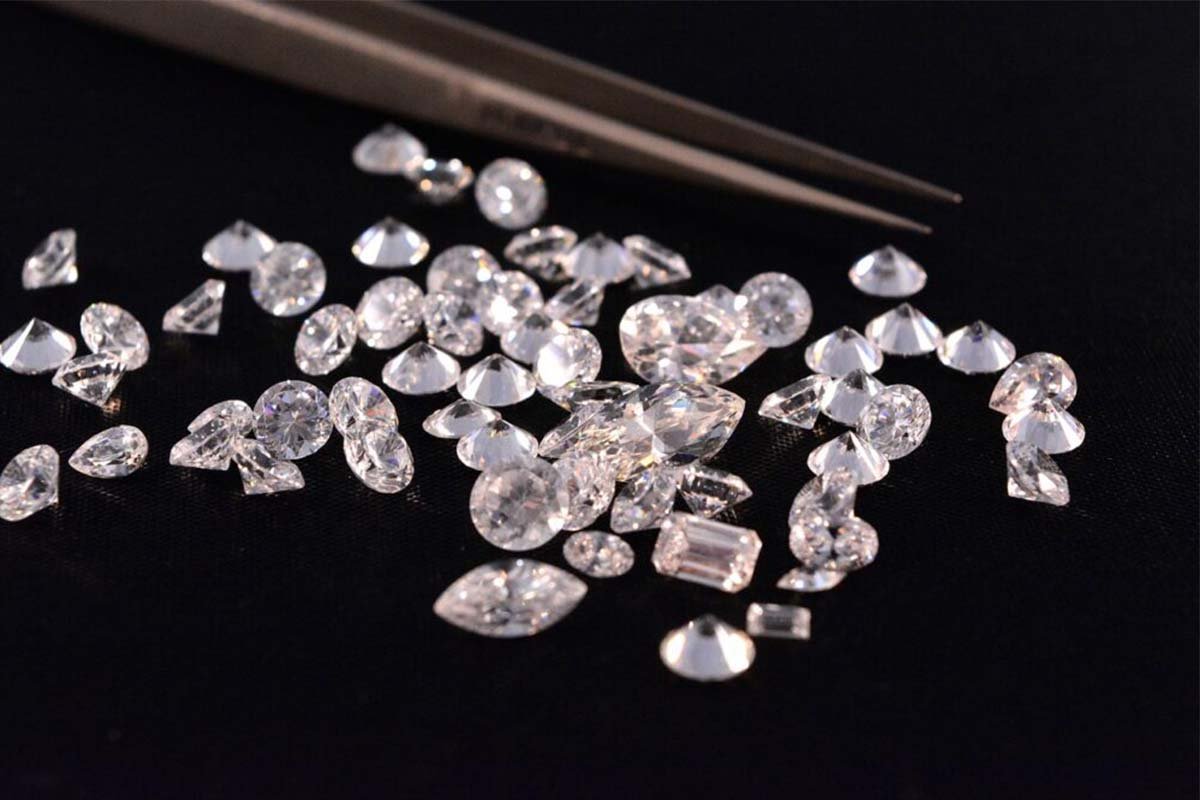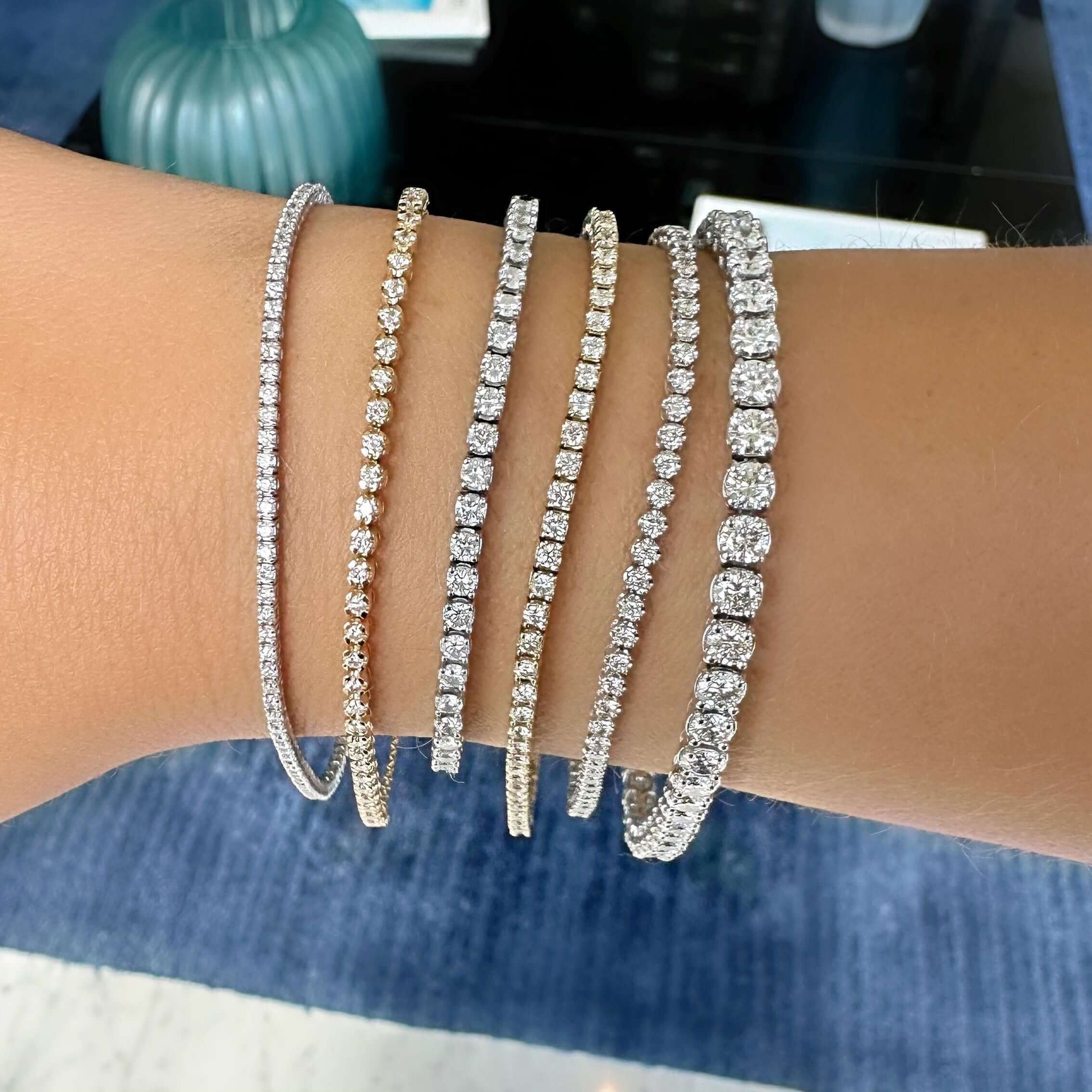Pawn shops have been a part of society for centuries, offering a unique way for people to access quick cash by leveraging their personal belongings. Despite their long history, many people remain unsure about exactly how pawn shops operate, what the process involves, and how they differ from other lending institutions. This article explores the ins and outs of pawn shops, breaking down how they work, their benefits, risks, and tips for using them wisely.
Table of Contents
What Is a Pawn Shop?
A pawn shop is a business that provides secured loans to customers, using personal property as collateral. These loans are typically short-term and come with the option for the borrower to repay the loan plus interest to reclaim their item. If the loan is not repaid, the pawn shop keeps the item and can resell it to recoup their money.
Pawn shops also buy items outright and sell a wide variety of goods, including jewelry, electronics, musical instruments, and collectibles.
How Does the Pawn Shop Process Work?
1. Bringing in an Item
The process starts when a customer brings an item they want to use as collateral to a pawn shop. Common items include gold and silver jewelry, watches, electronics like smartphones and laptops, power tools, and sometimes even luxury handbags or musical instruments.
The pawn shop evaluates the item to determine its value. This involves assessing the condition, authenticity, brand, and current market demand.
2. Item Appraisal
The pawn shop expert inspects the item carefully to estimate its resale value. For jewelry, they may test the metal purity and check for gemstones. For electronics, they assess functionality and condition. The appraiser also considers market trends to determine how much the item could sell for if it is forfeited.
3. Loan Offer
Based on the appraisal, the pawn shop offers a loan amount typically between 25% to 60% of the item’s resale value. This loan is secured by the item itself, meaning the pawn shop holds onto the item until the loan is repaid or forfeited.
The terms of the loan include the loan amount, interest rate or fees, gold buyers Melbourne, and the repayment period, usually ranging from 30 days to a few months depending on local laws.
4. Loan Agreement and Item Storage
If the customer agrees to the loan terms, they sign a pawn ticket or contract. This document outlines the loan details and serves as the claim ticket for reclaiming the item. The pawn shop takes possession of the item and stores it securely during the loan period.
5. Repayment and Redemption
The borrower can repay the loan amount plus interest or fees within the agreed period to redeem their item. Repayment methods vary and may include cash, card, or other payment options.
If the loan is repaid on time, the pawn shop returns the item. The transaction is complete, and no further obligations remain.
6. Forfeiture and Resale
If the borrower fails to repay the loan within the stipulated time, the pawn shop keeps the item. At this point, the item becomes the property of the pawn shop, which will typically resell it to recover the loan amount.
Pawn shops often sell forfeited items at a discount compared to traditional retail prices, offering customers a chance to buy goods at a bargain.
Differences Between Pawn Shops and Other Loans
Pawn loans differ from traditional bank loans or credit card borrowing in several key ways:
-
No Credit Check: Pawn shops do not require a credit check because the loan is secured by the item itself. This makes pawn loans accessible to people with poor or no credit history.
-
Quick Access to Cash: The loan process is fast, often completed within an hour or less. This makes pawn shops a good option for urgent cash needs.
-
Short-Term Loans: Pawn loans are generally short-term, typically 30 days to a few months, whereas bank loans may have longer repayment periods.
-
Collateral Required: Unlike personal loans, pawn loans require an item of value as collateral. If the loan is not repaid, the item is forfeited.
What Items Do Pawn Shops Accept?
Pawn shops accept a wide range of items, but generally prefer those that have clear resale value and are easy to appraise. Commonly accepted items include:
-
Jewelry (gold, silver, diamonds)
-
Watches (luxury and everyday brands)
-
Electronics (smartphones, tablets, laptops)
-
Musical instruments (guitars, keyboards)
-
Tools and equipment
-
Firearms (subject to local regulations)
-
Collectibles and antiques
Items that are damaged, counterfeit, or have little resale value are usually declined.
Benefits of Using Pawn Shops
-
Fast Cash Without Credit Checks: Pawn shops offer immediate loans without the need for credit approval, which is ideal for people with credit challenges or those who need quick money.
-
No Risk to Credit Score: Because there’s no credit check or loan reporting, using a pawn loan won’t affect your credit score, whether you repay or forfeit the item.
-
Collateral-Based: The loan is secured by your item, so if you repay, there’s no debt lingering or ongoing monthly payments.
-
Flexible Loan Terms: Many pawn shops offer flexible repayment terms and may renew loans or extend repayment periods.
-
Opportunity to Buy Bargains: If items are forfeited, pawn shops sell them at lower prices, offering a chance for customers to buy quality goods at discounted prices.
Risks and Considerations
While pawn shops offer many advantages, there are some risks and things to consider:
-
High Interest Rates and Fees: Pawn loans often come with higher interest rates compared to bank loans. Make sure to understand the full cost before accepting a loan.
-
Risk of Losing Your Item: If you cannot repay the loan, you lose your collateral, which can be a costly consequence if the item has sentimental or high monetary value.
-
Item Valuation: Sometimes pawn shops may offer less than the true market value for your item, as they need a profit margin if the item is forfeited and resold.
-
Legal and Regulatory Differences: Pawn shop operations and loan terms vary by region and country, so it’s important to check local laws.
Tips for Using Pawn Shops Wisely
-
Know Your Item’s Value: Research your item’s approximate market value before visiting a pawn shop so you can gauge if their offer is fair.
-
Compare Multiple Shops: Visit a few pawn shops to compare offers and loan terms to get the best deal.
-
Understand the Loan Terms: Read the contract carefully to know the repayment period, interest rate, fees, and redemption process.
-
Plan to Repay: Treat a pawn loan like any other loan — plan how you will repay it to avoid forfeiting your valuable item.
-
Keep the Pawn Ticket Safe: The pawn ticket is your proof of ownership during the loan period. Without it, you may not be able to reclaim your item.
Conclusion
Pawn shops provide a valuable service for individuals needing quick cash without credit complications, using their valuables as collateral. Understanding how pawn shops work — from appraisal to loan terms and repayment — helps borrowers make informed decisions and avoid pitfalls. While pawn loans can be a helpful financial tool, it’s crucial to carefully consider the costs and risks involved. With the right knowledge and approach, pawn shops can be a convenient, fast, and flexible option for short-term financial needs.




